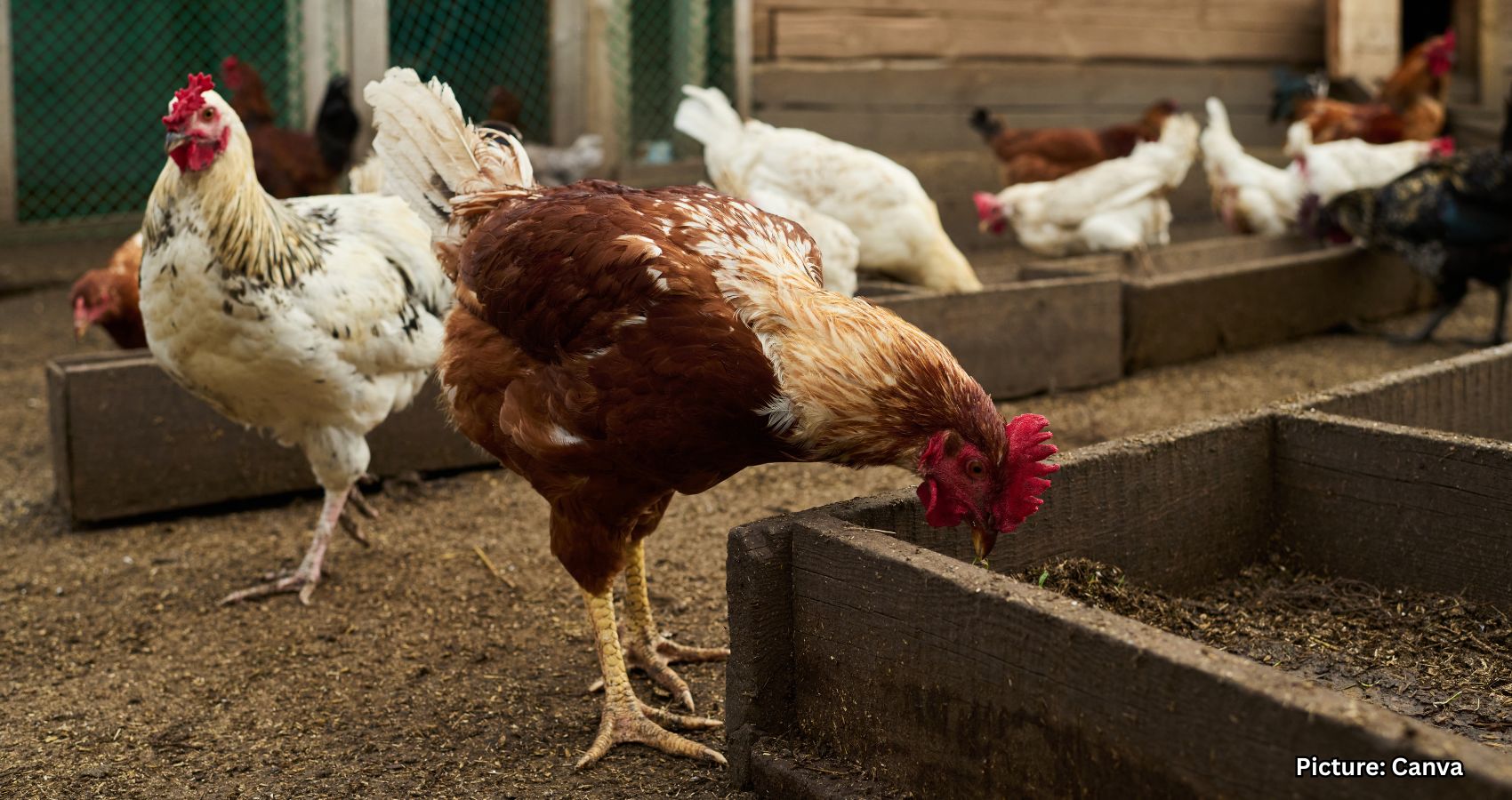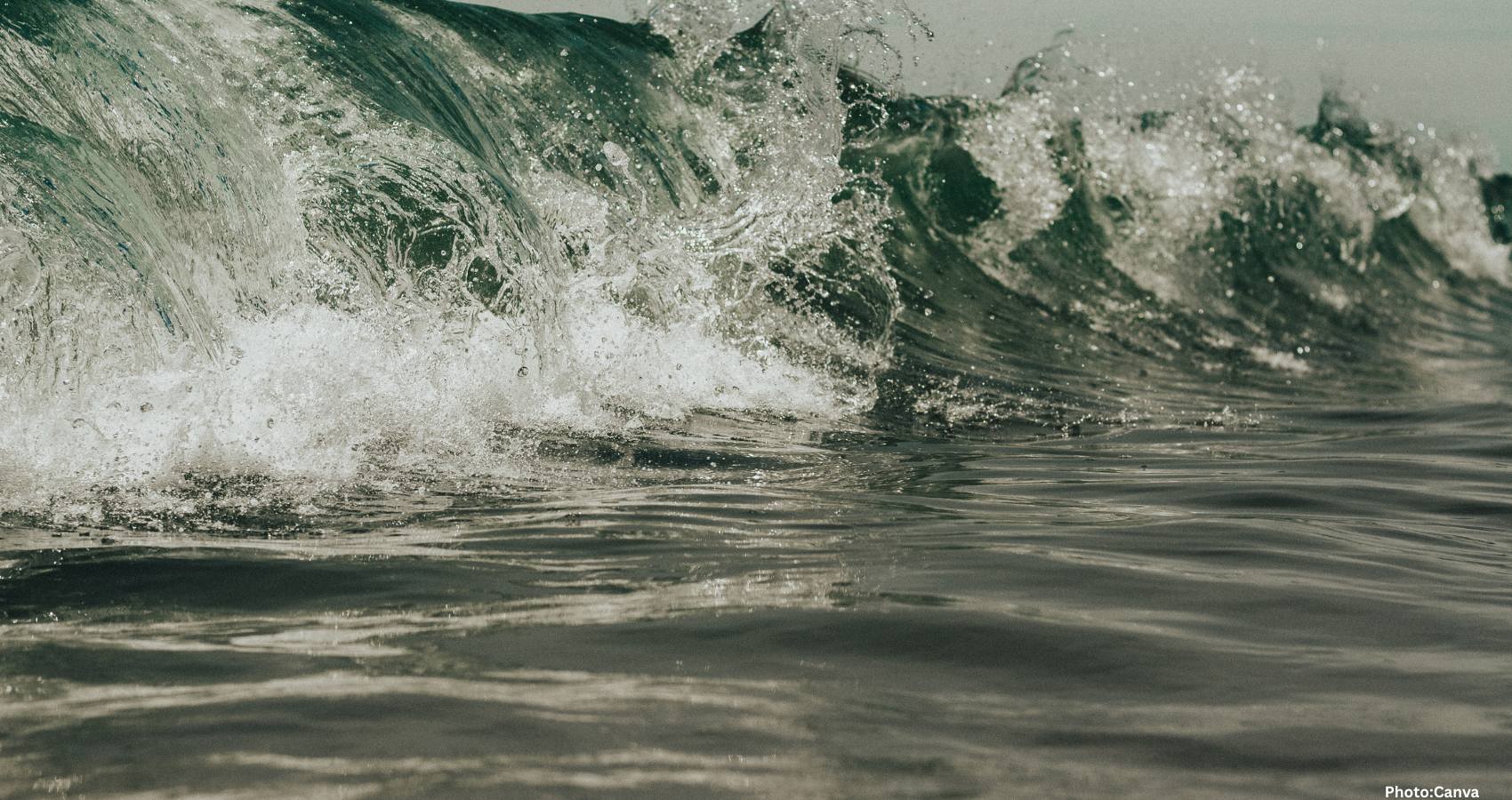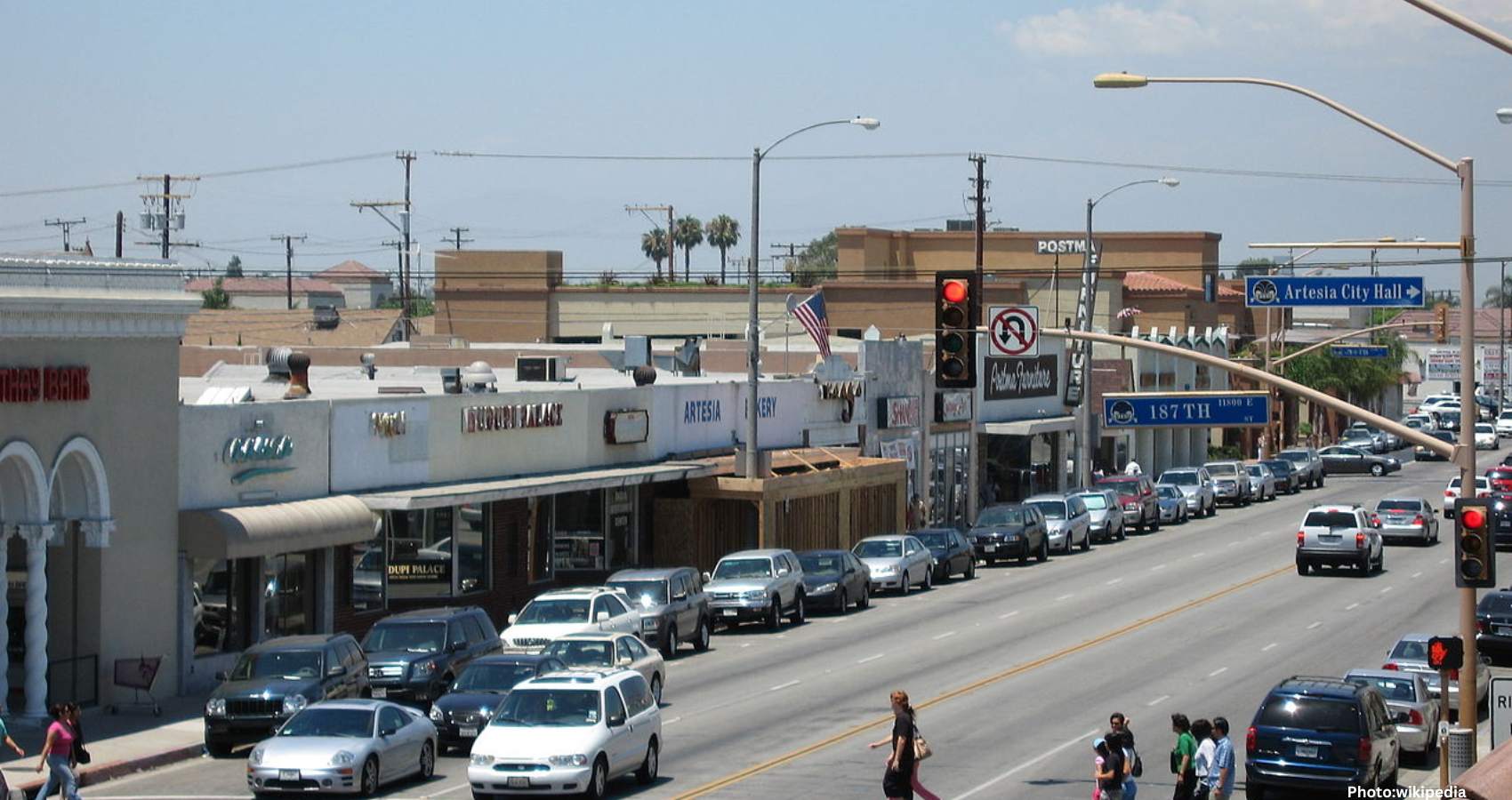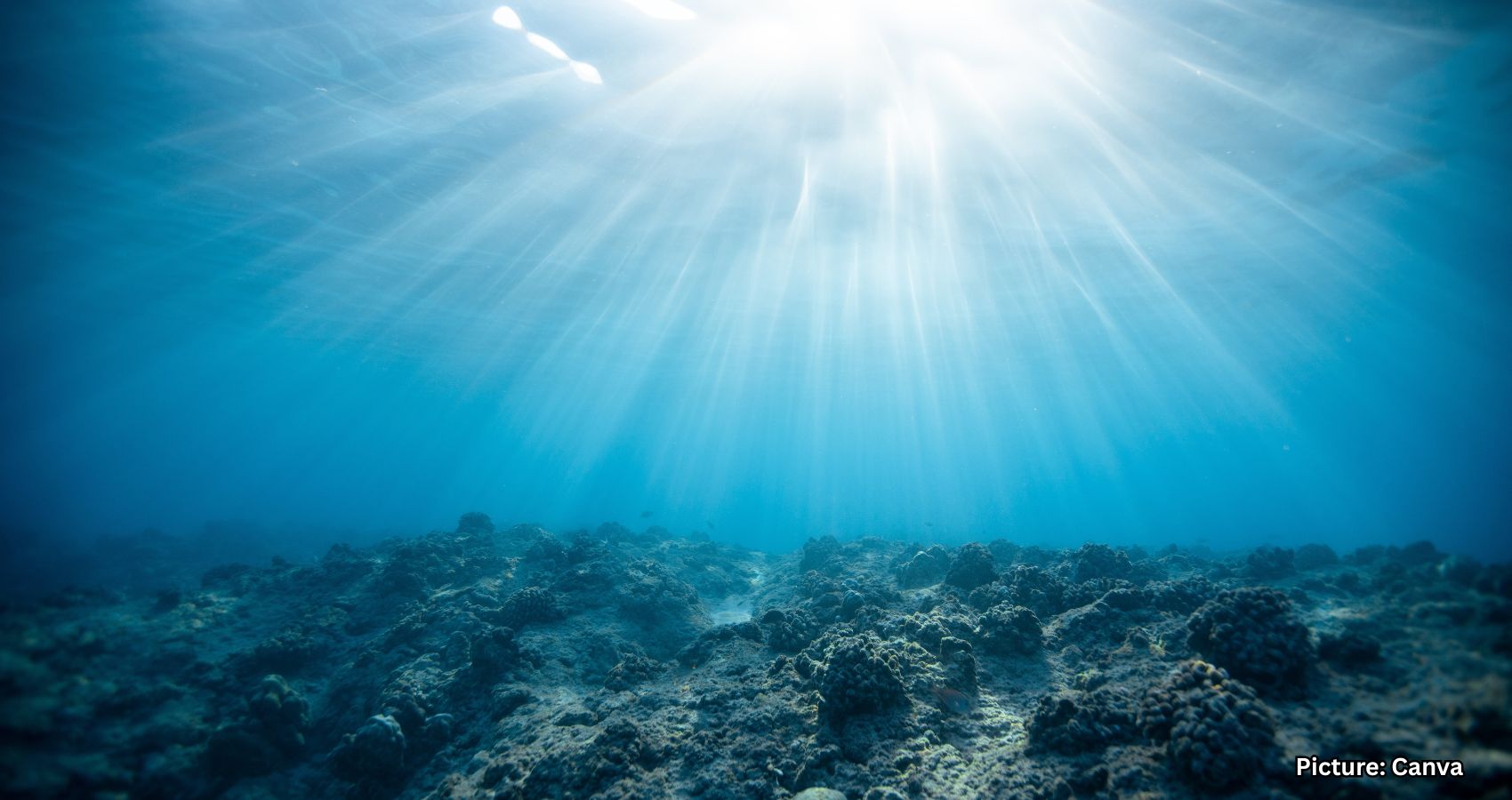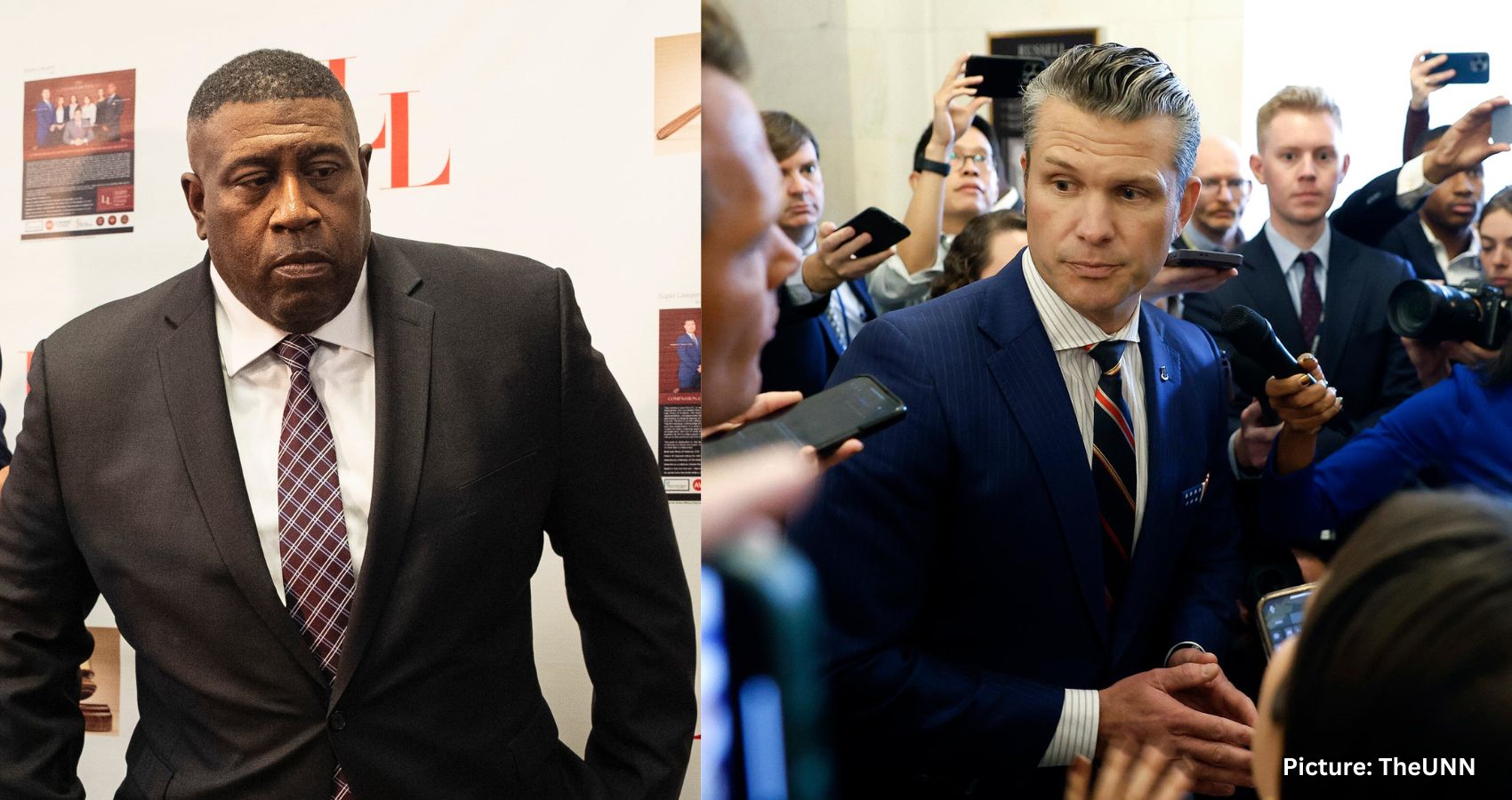Newly reviewed documents reveal serious allegations against TiE New York’s leadership, raising concerns about governance and accountability within the influential entrepreneurship network.
New filings have surfaced that add detail to allegations involving the leadership of TiE New York (TiE NY), a prominent chapter in the global TiE entrepreneurship network. This follows an initial report in October 2025, which highlighted an internal complaint against the organization’s president, Jignesh Patel, for alleged misconduct. At that time, TiE NY leadership refrained from commenting in detail, citing an ongoing internal process.
Recent documents suggest that the controversy may be more extensive and consequential than previously understood. Two supplemental letters submitted to the TiE New York board in early October outline serious accusations against Patel, including claims of misconduct towards a charter member and attempts to manipulate the disciplinary process. The letters formally demand Patel’s immediate suspension and warn the board of potential legal exposure should they fail to act.
These developments raise critical questions about internal accountability, board independence, and the effectiveness of TiE NY’s disciplinary mechanisms, particularly when allegations involve senior leadership.
In the original complaint, Kesav Dama, a TiE New York Charter Member, accused Patel of threatening and intimidating behavior. Dama alleged that Patel communicated threats via text messages, suggesting he could “shut down” Dama’s professional relationships by leveraging influential figures within the TiE ecosystem.
While Patel has not publicly admitted to any wrongdoing, and TiE NY has not disclosed the findings of its internal review, the newly surfaced documents expand the narrative beyond the alleged threats to include the organization’s response to the complaint.
The first supplemental letter, dated October 2, 2025, was sent to TiE NY Secretary Vaibhav Parikh. It outlined three potential paths for the board: do nothing, request Patel’s resignation without findings, or formally find misconduct that would trigger consequences beyond TiE New York. The letter emphasized that allowing a resignation without findings would enable Patel to avoid accountability and continue participating in other TiE chapters.
Furthermore, the letter warned that failure to act could expose individual board members to personal liability under New York law, especially if the organization lacks directors and officers (D&O) insurance. It also called for procedural safeguards, including a roll-call vote and the mandatory recusal of at least one board member alleged to be both a witness and a participant in the complained-of conduct. The letter stated that failure to recuse would “taint the entire vote” and provide grounds for appeal.
Perhaps most strikingly, the letter demanded transparency if no action were taken, including the publication of the full complaint to all TiE NY charter members via email and WhatsApp.
A second letter, submitted on October 6, 2025, escalated the matter significantly. This letter formally demanded the immediate suspension of Jignesh Patel, alleging that he had manipulated the disciplinary process by encouraging a third-party complaint against Dama. The document referenced an email from Vivek Rathi, which was described as irrelevant to the underlying misconduct allegations and part of a broader effort to intimidate the original complainant.
The authors of the second letter argued that the timing, recipients, and framing of Rathi’s email suggested coaching by senior leadership, although no direct documentary evidence of such coaching has been publicly disclosed. The letter invoked the legal doctrine of “forfeiture by wrongdoing,” asserting that attempts to intimidate or discredit a complainant should result in the loss of procedural protections typically afforded during internal disciplinary proceedings.
Included with the October 6 letter were exhibits featuring screenshots of text messages attributed to Patel. In one message dated April 2, 2025, Patel allegedly wrote: “I can call Ashish and shut down anything you have going on with him. Same goes for Ranu.” In another message, he reportedly invoked the name of a prominent TiE figure to suggest similar leverage. If authenticated, these messages could substantiate claims of intimidation and misuse of positional authority.
As of now, Patel has not publicly confirmed the authenticity of these messages, and TiE NY has not released any independent verification.
A recurring theme in the documents is the tension between “due process” and the need for immediate action. The authors argue that while TiE NY is a private organization not bound by constitutional due process, it still has an obligation to protect its members from retaliation and witness intimidation. They contend that allowing a sitting president to remain in office while under investigation—especially in light of new allegations of interference—undermines the credibility of the process itself.
This argument aligns with governance standards increasingly adopted by nonprofits and professional associations, where temporary suspension during an investigation is viewed as a risk-mitigation measure rather than a presumption of guilt.
As of publication, TiE New York has not publicly disclosed whether it has suspended Patel, made findings of fact, or referred the matter to TiE Global. Multiple requests for comment sent to TiE NY leadership and Patel have not received substantive responses.
The lack of transparency has raised concerns among some charter members, according to individuals familiar with internal discussions, who spoke on condition of anonymity. Several described a fear of retaliation and skepticism regarding the board’s ability to independently adjudicate complaints involving its own officers.
The documents also raise structural questions: If, as alleged, TiE NY lacks D&O insurance, and if board members were warned of potential liability, what legal advice did they receive? Additionally, how does TiE Global oversee governance failures at the chapter level?
This situation is significant beyond TiE New York. With chapters worldwide and deep connections to venture capital, startups, and diaspora business networks, TiE’s leadership culture influences thousands of entrepreneurs. Allegations that a chapter president leveraged influence to threaten a member—and subsequently attempted to discredit that member after a complaint was filed—strike at the core of organizational trust.
Even if some allegations are ultimately disputed or unproven, the documents indicate a breakdown in fundamental governance principles: independence, transparency, and protection against retaliation.
Looking ahead, it remains unclear whether the board acted on the demands outlined in the supplemental letters. What is evident is that a paper trail exists, revealing a more complex story than the initial complaint alone.
For now, TiE New York faces a credibility test. How it addresses allegations against its own leadership may determine whether it is perceived as a values-driven institution or one that closes ranks when power is challenged.
The reporter will continue to seek comments from all parties and update this story as additional facts emerge, according to The American Bazaar.

